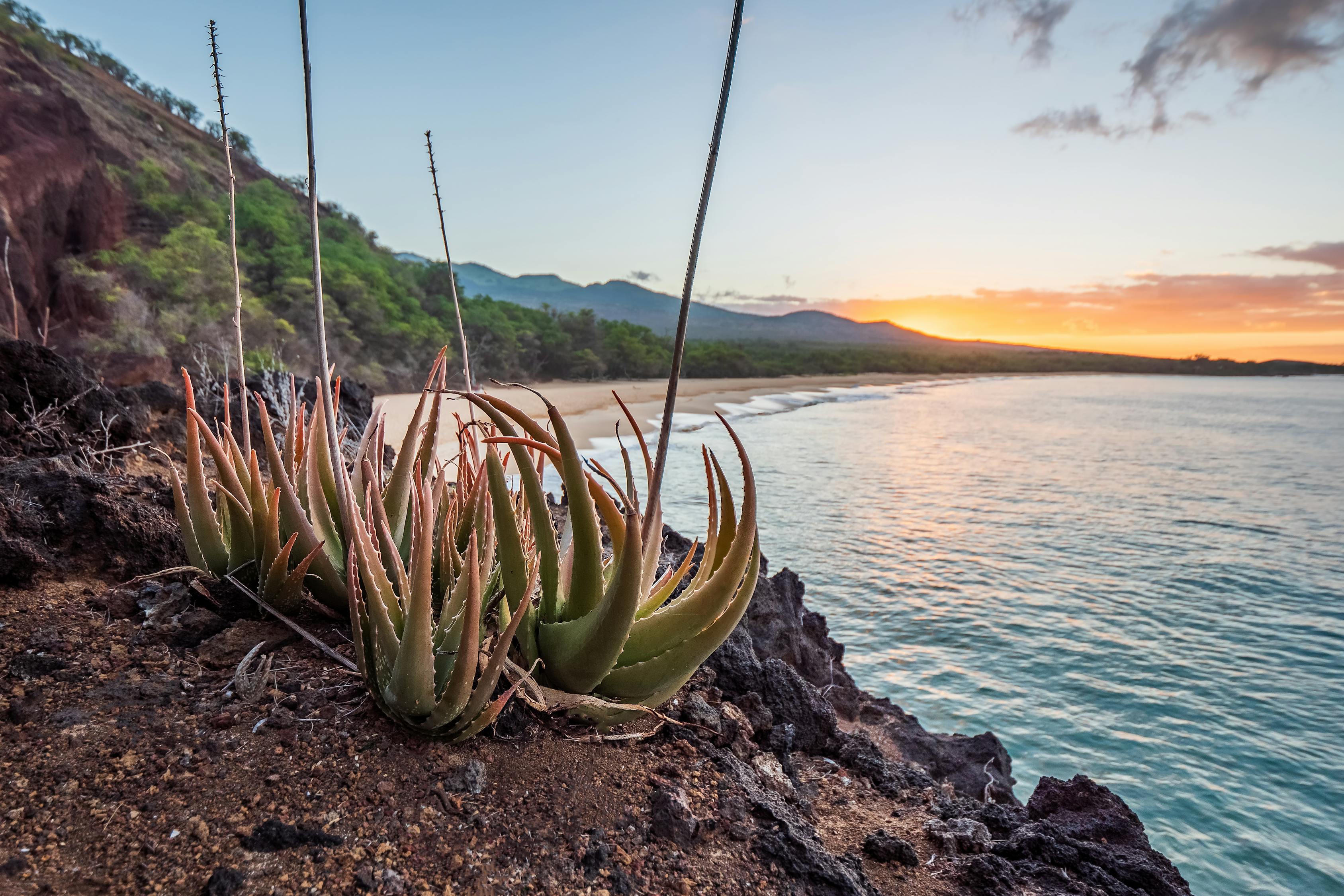

Title: Episode 2965: The Failure of Maui Infrastructure and Power Grid
Introduction
In a recent unprecedented turn of events, Maui, the pristine island paradise renowned for its natural beauty and tranquility, experienced a catastrophic failure of its infrastructure and power grid. Episode 2965, as it has come to be known, sent shockwaves through the community and highlighted the vulnerabilities that exist even in idyllic destinations. This article aims to shed light on the events surrounding the incident while preserving the names and locations involved.
The Fragile Infrastructure of Maui
Maui’s allure stems from its unique combination of breathtaking landscapes and modern amenities. However, beneath the picture-perfect facade lies an infrastructure that, as the events of Episode 2965 exposed, was more fragile than anticipated. Roads that connect the island’s diverse regions, water and sewage systems, and crucial utilities such as power transmission lines suddenly faced a multitude of failures.
What Transpired During Episode 2965?
The day started like any other for the residents and visitors of Maui. However, a series of unusual events cascaded into a full-blown crisis. Reports suggest that a massive storm, amplified by climate change, struck the island with intense force. High winds, torrential rains, and lightning strikes became the catalyst for the infrastructure’s subsequent failures.
First, major roads and highways experienced severe flooding, rendering them impassable. Emergency responders were faced with the challenge of reaching affected areas to ensure the safety of residents and tourists alike. Moreover, the storm also caused landslides and mudflows in several locations, exacerbating the situation and further compromising transportation routes.
Power Grid Collapse
The most significant blow to the island came with the collapse of Maui’s power grid. As the storm wreaked havoc on transmission lines, transformers, and substations, electricity was abruptly cut off across the island. The darkness that blanketed Maui was not only a result of the power outage but also a metaphor for the vulnerability and fragility of the infrastructure.
Consequences and Impacts
Without power, residents and visitors faced immense challenges. Essential services, including hospitals, emergency response systems, and communication networks, were severely disrupted. The inability to acquire clean water, maintain indoor temperatures, and charge electronic devices intensified the overall sense of unease and vulnerability.
Episode 2965 shed light on the need for proactive solutions to mitigate future infrastructure crises. Authorities and community organizations promptly mobilized, establishing temporary shelters and delivering necessities to areas affected by the calamity. Despite the tireless efforts of countless individuals, the incident exposed systemic failures and the need for more resilient, adaptable infrastructure systems.
Looking Ahead: Lessons Learned and Rebuilding Maui’s Future
In the aftermath of Episode 2965, discussions surrounding the reinforcement of Maui’s infrastructure and power grid gained momentum. Experts stress the need for investments in modernizing and bolstering essential systems to withstand the increasing threat of extreme weather events resulting from climate change.
It is imperative to employ sustainable solutions that incorporate renewable energy sources, improve road and water management systems, and enhance emergency response capabilities. By adopting forward-thinking strategies, Maui can rebuild itself to be more resilient, ensuring the safety and well-being of its residents and visitors.
Conclusion
Episode 2965 will forever be etched in the memory of Maui. The catastrophic failure of the island’s infrastructure and power grid served as a wake-up call, reminding its inhabitants and visitors of the importance of addressing vulnerabilities head-on. Moving forward, it is crucial to prioritize investments in sustainable solutions, fortifying Maui against future challenges and preserving its renowned natural beauty for generations to come.